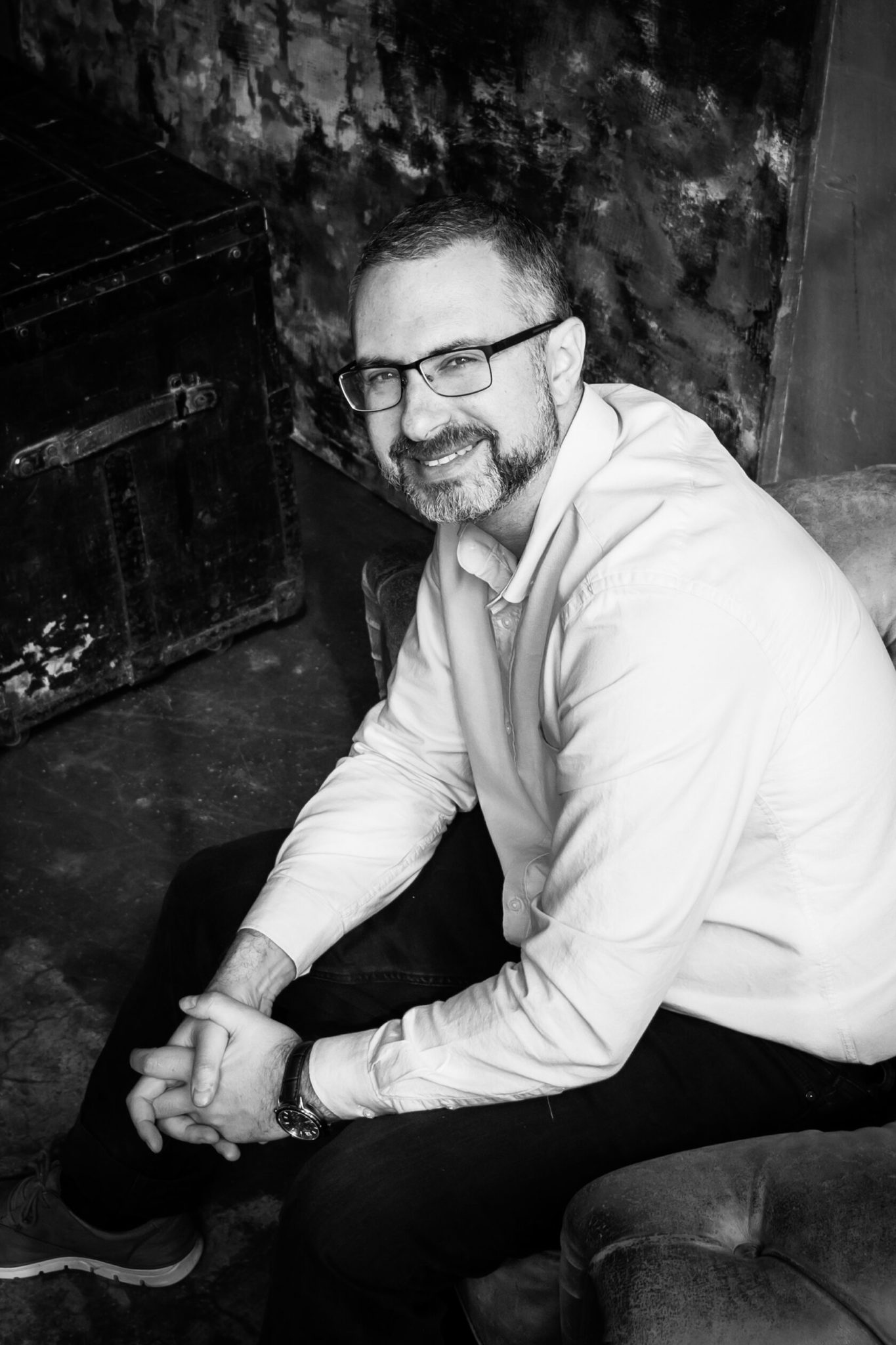My partner is angry at me!
4 ways of dealing with anger within a relationship
Many couples hesitate to show anger, fearful that this negative emotion will damage their relationship. Yet, to inhibit anger in a relationship is unhealthy because it’s a naturally arising emotion. It’s very important to digress here and mention that an uncontrollable anger can be dangerous and lead to physical and emotional abuse, that is why safety comes first. Nonetheless, any relationship will have to deal with a certain amount of anger which, if addressed properly, will not escalate and fuel unnecessary flames. So let’s see how we can deal with anger within a relationship.
Tip 1. Don’t suppress anger, but make sure it’s manageable.
Suppressing anger is not a healthy or effective strategy for dealing with it. Anger should be expressed but there is a rule, it should be manageable. If anger completely takes over you, and overwhelms you and the conversation, it’s damaging to your relationship and you are not actually expressing it. It might seem counter-intuitive as it’s when the anger is at its peak that we want to direct it at our partner or another family member in an attempt to express it and in hopes to be understood. However, this is exactly the time when your partner will be most hurt by it. So, before you express your anger, make sure it’s manageable, that is, you’d be ready to talk not only BY means of it, but also ABOUT it. There are two ways of expressing anger. The destructive way, such as breaking things, throwing things, yelling at people, and this is when you are not ready to bring anger into the relationship and present it to your partner. It will create hurt, not a constructive resolution through dialogue. Another way is constructive, which will transform your anger into another emotion (anger might hide sadness, disappointment, anxiety) and will pave the way to a solution, through dialogue. However if you’re experiencing very acute anger, that urges you to destroy something, it is advisable not to involve your partner or family member into powering through it. Wait until it recedes.
Tip 2. Acknowledge the presence of anger and its origin.
You don’t have to talk with your partner when they are angry, as peak anger doesn’t bring resolution. Anger is usually met with more anger, and the emotional atmosphere escalates. Of course, anger also doesn’t have to be met with softness, after all it’s an unpleasant feeling and it belongs to the person who is angry. However, anger should be acknowledged. It can be acknowledged in two ways: one is spelling out this emotion “I see that you are angry,” or for the person who’s angry “I am angry now,” and the second way is to understand and acknowledge what frets your partner – the source of anger. The source of anger cannot always be eliminated, but it’s important that your partner is aware that you know something is wrong for them and how they feel is important to you. Often, anger is a secondary emotion concealing deeper feelings. When someone wants attention, they might become angry. Children do that sometimes. If they break something, it’s the fastest way to get their parents attention by making them angry. A constructive way of approaching anger would be to talk through anger which arises in a relationship by asking and trying to genuinely understand what makes your partner angry, then you can both work it out together. And vice versa, to let the partner know what angers you and make sure he or she acknowledges that. You don’t have to accommodate anger which doesn’t allow dialogue, and you don’t have to meet anger immediately, or give solutions to stop it, but sooner or later its roots need to be acknowledged.
Tip 3. Practice saying NO to establish boundaries and prevent anger.
Many couples think that saying No angers their partners, and thus they try to avoid using it. However, the opposite is the true. Anger arises when you can’t say No. Practicing No is very important, as it’s a natural expression of boundaries. When partners learn to say No, there are a lot of beautiful things growing around it, as both partners outline the zone where they don’t want to go, and are starting to see the common ground in the zone which allows them to meet. No in a relationship is a good starting point for negotiation. Not for turning the partner around, otherwise it’s gaslighting, but rather trying to understand what the partner doesn’t want in order to outline expectations and then talk about them. Saying No can have different wording for different people. You’d need to find what suits you best: “That’s something I’m not interested in,” or “I thought about it carefully and decided that I’m not interested,” or “I already said what I think and I don’t want to continue this discussion,” or “I don’t want to do that.” No works when it’s polite and respectful, but firm. It is a skill that is learned over time and it effectively prevents anger by demonstrating respect for our personal boundaries.
Tip 4. Make anger the starting point for a change by turning it constructive.
Even though anger as a feeling gets a lot of bad rap, it can be a good starting point for change. Anger gives a chance to change something for the better. It’s a sign that an individual no longer wants to put up with something they don’t like. Thus, anger can be very constructive. It can mobilize you for something useful and mobilize you as a couple for a joint change. After all, anger serves as an indicator that some things need to change and are no longer tolerated by the person who experiences this emotion. Constructive anger gives a lot of power and energy. It can help one gather and direct force into something new. It converts irritation into doing. However, not all anger can be converted into action. Destructive anger damages relationships, and it’s destructive when it’s humiliating or belittling. Destructive anger might make you resort to physical violence or verbally assaulting your partner, and it doesn’t provide any place for growth of change, only for resentment. The key is to transform destructive anger into constructive energy, facilitating new changes in life.
In conclusion, you can find a lot of different advice when you begin to feel angry. Deep breathing, meditation, exercise, or just simply removing yourself from a situation or conversation. However, the efficacy of these methods within a relationship is very limited if the anger is not accepted by the couple. If anger is not accepted within a relationship it tends to grow and if it’s accepted and respected, it diminishes. I believe that dealing with anger is one of the most important skills that any couple can acquire. People tend to take a partner’s anger personally, but it doesn’t have to be that way. Anger can be thought of as a very personal form of expression and something that conceals very intimate emotions and vulnerability, which once revealed improves the relationship for both partners.
That said, it is imperative to distinguish anger from abuse. For that you can see the article 5 Signs That You May Be in an Abusive Relationship. Destructive anger makes a relationship abusive.
However, if one learns to deal with destructive anger, not allow it to become abusive and turn it into constructive force, a couple can effectively contain it within their relationship. When you tackle anger head-on and openly discuss its roots, it will help you deepen your relationship, as you’ll both be able to accept one another in challenging emotional states.
Published by author on Psychology Today: https://www.psychologytoday.com/intl/blog/the-psychology-of-relationships-and-emotional-intelligence/202312/4-tips-on-managing-anger-in



